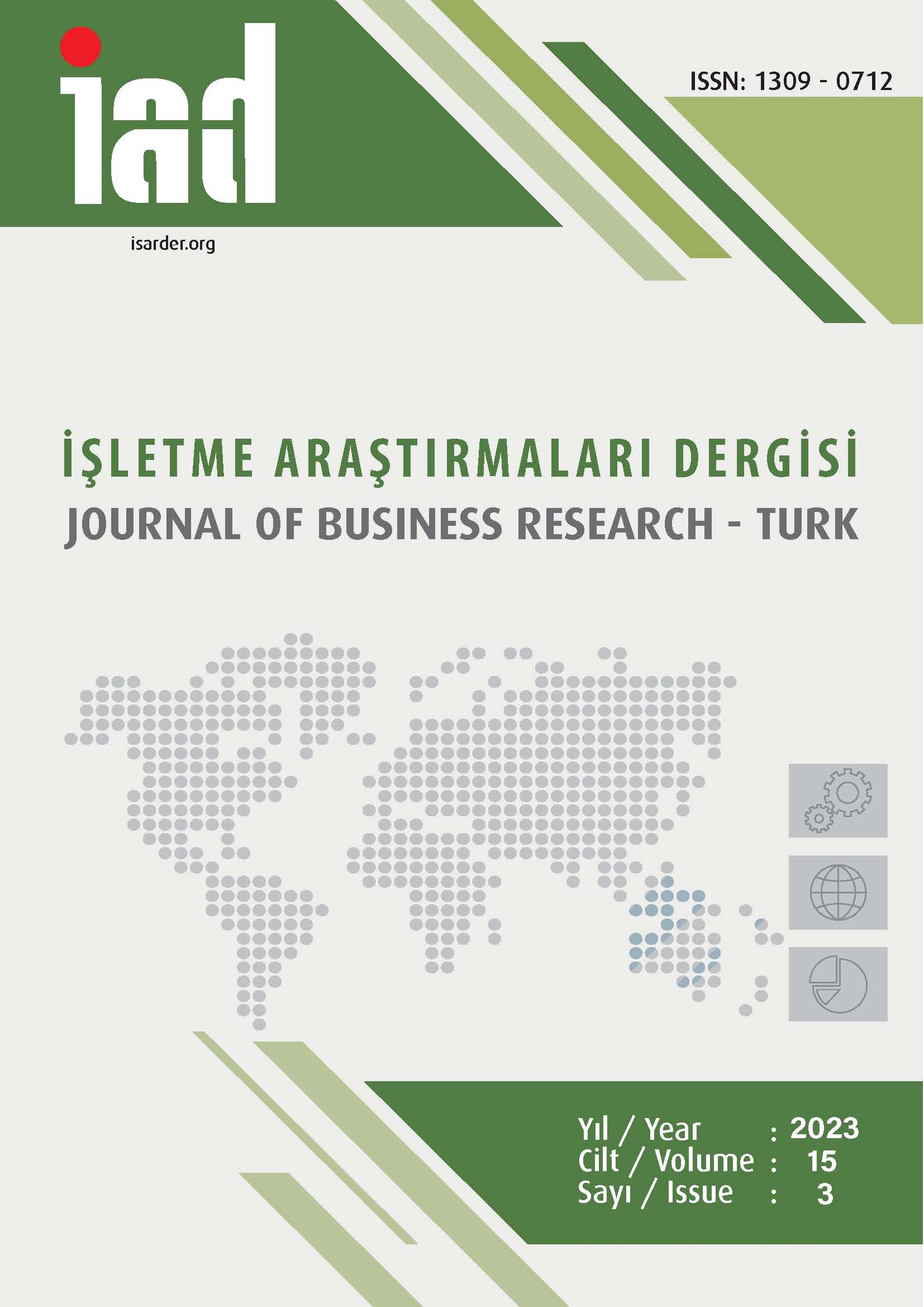Reflections of The Strategies Applied in the Boeing 737-Max Crisis Management on Passenger Perception
Keywords:
B-737-Max, Safety, Crisis ManagementAbstract
Purpose ⎯ Following the two crashes in Indonesia in 2018 and Ethiopia in 2019, resulting in 346 casualties, Boeing 737-Maxs became a global safety crisis. Boeing has pursued crisis strategies to restore brand trust. This study aims to ascertain whether Turkish passengers are concerned about the safety of Boeing 737-Maxs following two deadly plane crashes and whether they favor airlines that continue to use 737-Maxs. Methodology ⎯ In this study, the structured interview research method is adopted to reveal the participants' perceptions of Boeing 737-Maxs. The research sample comprised "Turkish passengers who had no fear of flying" and "who had heard about Boeing 737-Max accidents". A total of 14 interview questions were extracted by reviewing the literature. In this study, interviews were conducted with 32 people. The data collected were subjected to content analysis. Findings ⎯ The Boeing 737-Max is considered unsafe by 10 out of 20 men and 11 out of 12 women (or 50% and 92%, respectively). 66% of the participants believe that the Boeing 737-Max is an unsafe airplane. The participants, who had not previously heeded the type of aircraft they flew or heard about Boeing, started to pay attention to the type of aircraft type or identified Boeing with these accidents. Discussions ⎯ Even though Boeing fixed the issue and resumed flying its aircraft, it is concluded that unfavorable opinions of passengers, who are one of its key stakeholders, persisted.
Downloads
Published
Versions
- 2025-08-10 (2)
- 2023-10-03 (1)
How to Cite
Issue
Section
License

This work is licensed under a Creative Commons Attribution-NoDerivatives 4.0 International License.





